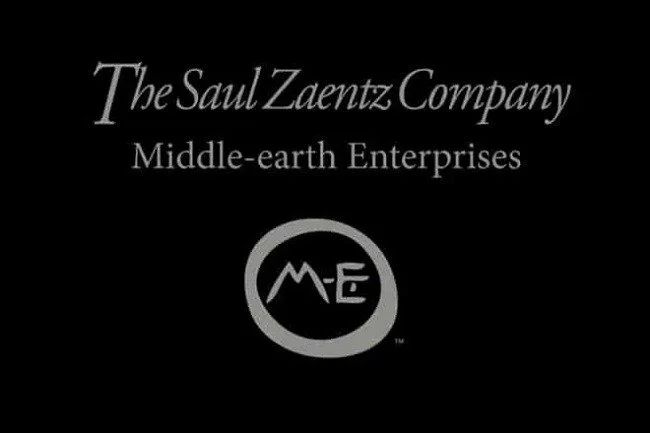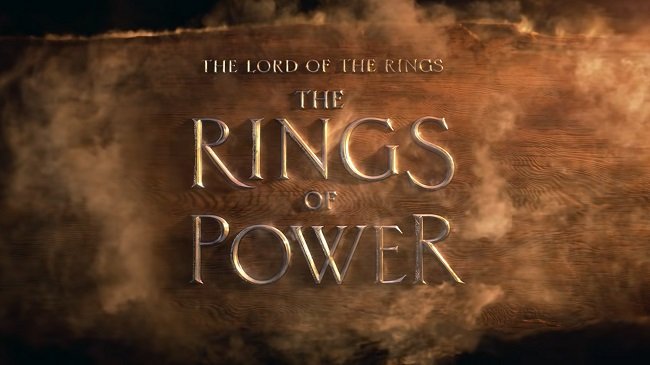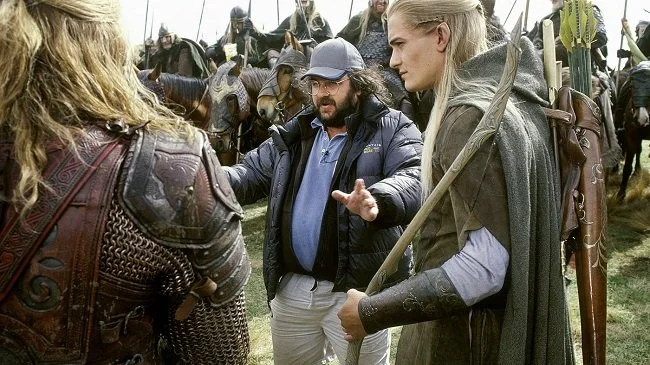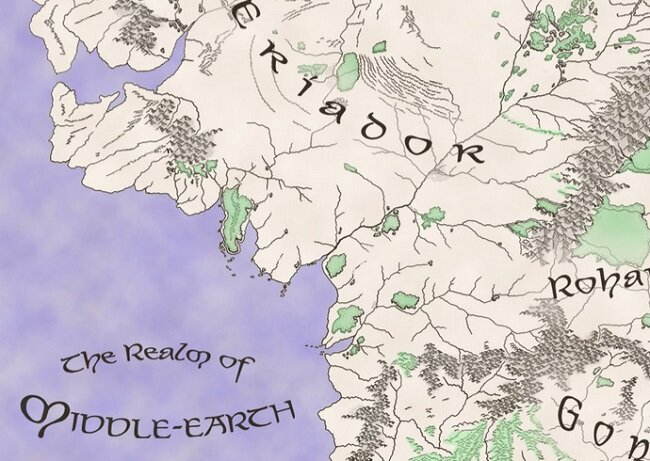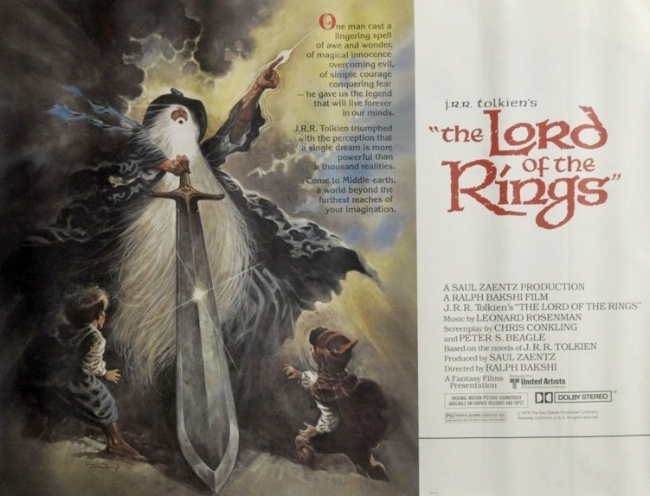The Songs of Middle Earth: Part One
Tolkien's use of song and verse are an integral part of his writings. I am not musically talented myself, nor am I a scholar of song structure but I appreciate how he uses them for plot exposition and character development. In The Lord of the Rings, the medium of song is also used as a means of conveying the enormity of Middle Earth and the wealth of history therein. They give us a sense of the realms lore and heritage, stretching back over millennia. The respective sophistication of each song also reflects the culture that created them. Songs from The Shire are rustic and quaint. The songs of Men are bombastic and bold. Whereas Elven music is often melancholy and complex.
Norse and Anglo-Saxon Mythology were immensely important and influential on Tolkien. Thus, many of his songs are in the idiom of Norse poetry. He often uses literary devices such as the pitch of repeating vowel sounds (assonance) as well as the resonance of repeating consonant sounds (both in alliteration and in consonance). Tolkien himself sanctioned composer Donald Swann (of Flanders and Swann fame) to set some of his work to music and it met with his approval. Yet there are no definitive musical versions. This leaves a great deal of scope for artists from all musical disciplines to interpret his work.
A Google search will provide you with a wealth of artists that have attempted to bring Tolkien’s songs to life. From Rick Wakeman, Daniel McCarthy to Sir Christopher Lee. I have selected a few of examples of these for your consideration. Some are the exact songs as they were written by the Professor himself, with accompanying music. Others have been cleverly adapted or abridged. I have even included some material that was simply inspired by Professor Tolkien's work.
The BBC radio adaptation of The Lord of the Rings in 1981 was a milestone in radio drama. Composer Stephen Oliver made an immeasurable contribution to the production with his intelligent and musically literate expressions of Tolkien's written work. O Elbereth Gilthoniel is a paean in reverence of the star Queen. Oliver cleverly adapts the Sindarin text into a beautiful and expressive song, sung in the style of a madrigal. It is a bold interpretation yet it works superbly, reflecting the artistic dignity of the Elves.
A Elbereth Gilthoniel
silivren penna míriel
o menel aglar elenath!
Na-chaered palan-díriel
o galadhremmin ennorath,
Fanuilos, le linnathon
nef aear, sí nef aearon!
A Elbereth Gilthoniel
o menel palan-diriel,
le nallon sí di'nguruthos!
A tiro nin, Fanuilos!
O Elbereth Starkindler,
white-glittering, slanting down sparkling like a jewel,
the glory of the starry host!
Having gazed far away
from the tree-woven lands of Middle-earth,
to thee, Everwhite, I will sing,
on this side of the Sea, here on this side of the Ocean!
O Elbereth Starkindler,
from heaven gazing afar,
to thee I cry now beneath the shadow of death!
O look towards me, Everwhite!
Now this may be a controversial choice, coming from the 1977 animated version of The Hobbit. It is not a film held in high regard. In the Valley, Ha! Ha! written by Jules Bass and performed by Glenn Yarbrough is based upon the song the Elves sing as the Dwarves, Gandalf and Bilbo ride down into the Valley of Rivendell for the first time. The musical arrangement is very much a product of the seventies and the warbling voice of Mr. Yarbrough is not to everyone's liking. Yet it catches the light-hearted spirit of the source text very well and it is worryingly hummable. I have warmed to it in recent years and consider it a good example of less being more.
O! What are you doing,
And where are you going?
Your ponies need shoeing!
The River is flowing!
O! Tra-la-la-lally
Here down in the valley!
Ha ha!
O! Where are you going,
With beards all a-wagging?
No knowing, no knowing
What brings Mister Baggins,
And Balin and Dwalin
In June in the valley
Ha ha!
O! Will you be staying,
Or will you be flying?
Your ponies are straying!
The daylight is dying!
To fly would be folly,
To stay would be jolly!
O! Tril-lil-lil-lolly
Ha ha!
O! What are you doing,
And where are you going?
Your ponies need shoeing!
The River is flowing!
O! Tra-la-la-lally
Here down in the valley!
Ha ha!
Mithrandir by Leonard Rosenman with lyrics by Mark Fleischer, comes from the 1978 animated version of The Lord of the Rings. The score by veteran composer Rosenman is not considered to be a particularly innovative piece of work but it is both functional and adequate. Director Ralph Bakshi found it clichéd and wanted a soundtrack by led Zeppelin. The song is somewhat traditional in its style, starting with elements of a holiday choir and ending in a Miklos Rozsa style biblical idiom. Yet despite its clumsy implementation the lyrics are a curiously accurate summation of Gandalf's character. The song is sung in Lothlorien as a lament to the Grey Pilgrim and is moving in a rather honest and simple fashion.
Let the night never cease to call you
Let the day nevermore be the same
Though you've gone where we cannot find you
In each heart you have set your name
Mithrandir far you wander
And long may your name be sung
Through kingdoms of starlight
And realms of the sun
Mithrandir though you're hidden
We're still guided by your light
You're walking beside us
A friend in the night
We were lost when the dark descended
And the light gathered into a storm
You appeared like a sunlit morning
At the winds of a world at war
Mithrandir far you wander
And long may your name be sung
Through kingdoms of starlight
And realms of the sun
Mithrandir though you're hidden
We're still guided by your light
You're walking beside us
A friend in the night
Mithrandir rising through the shadow
Like a star shining deep in its home
You will dwell in our hearts forever
Nevermore will we stand alone






